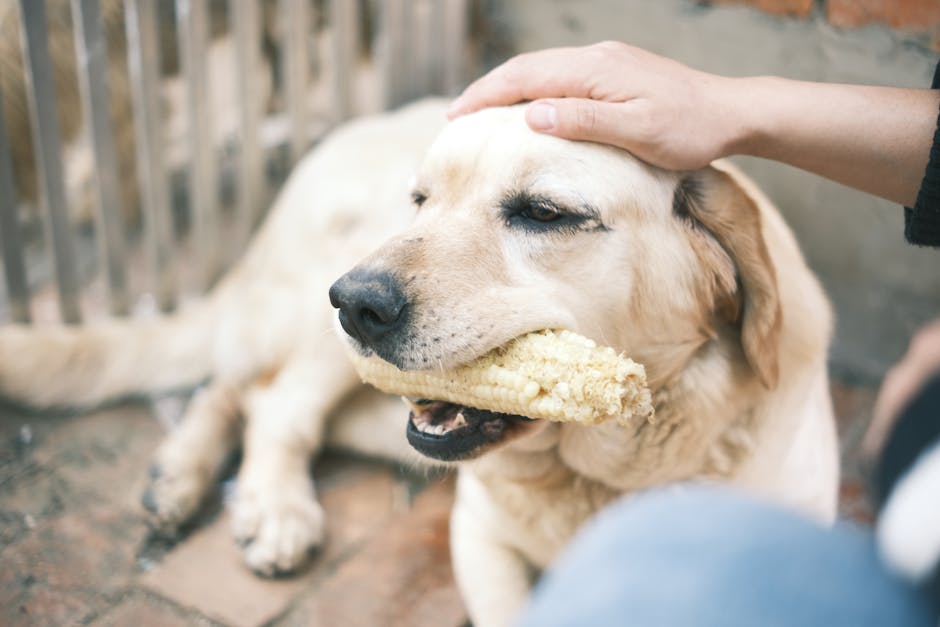Pets, in their unique ways, often exhibit behaviours that leave us, their guardians, questioning their preferences. A departure from the expected dietary routine can be a signal that something is amiss, or simply a quirky characteristic of the individual. Understanding the reasons behind unusual eating habits is crucial for maintaining your pet’s health and well-being.
A common observation across many pet species is the tendency for variations in food consumption patterns. This isn’t necessarily alarming, but it demands attention. Dietary fluctuations could stem from various factors, spanning from minor irritants to more serious underlying health issues.
Initial Indicators: Recognizing the Signs
Firstly, meticulously observe your pet’s behaviour around mealtimes. Is there a noticeable change in their eagerness to eat? Are they hesitant, or even completely refusing their usual food? This initial reluctance may be a hint at something larger. Changes in their eating habits can include a sudden increase or decrease in appetite, a preference for unusual items, or even a sudden aversion to their regular diet. Changes in their stool consistency and frequency are also vital signs that need attention and could be linked to the food intake.
Potential Reasons for Unusual Eating Habits
A plethora of factors can trigger unusual eating habits in our beloved companions. Some are quite straightforward, while others require a more in-depth assessment.
Environmental Changes: A move to a new home, a renovation project, or even the introduction of a new pet can cause stress and alter a pet’s appetite. A new environment can affect their routines, making them hesitant about their usual food choices.
Stress and Anxiety: Emotional distress significantly impacts behaviour, including eating. Separation anxiety, fear of loud noises, or conflict with other animals can all contribute to picky eating habits or complete refusal of food. Observe for other behavioural changes, such as excessive panting, restlessness, or hiding. Routine, consistency, and a calm environment are vital during these times.
Dental Problems: Discomfort during eating can be a red flag. Dental diseases, such as plaque buildup or tooth decay, can make it painful for a pet to chew or swallow their food. This often results in selective eating or a reduced appetite. Regular veterinary check-ups can help detect and prevent these issues early on.
Medical Conditions: A variety of medical conditions can lead to alterations in appetite. Gastrointestinal issues, kidney disease, liver problems, or infections are among the possibilities. A sudden and significant change in eating habits, coupled with other symptoms, warrants a visit to the vet immediately.
Nutritional Deficiencies: A diet lacking essential nutrients can prompt unusual cravings or a diminished interest in food. Ensure you’re providing a balanced and nutritious diet tailored to your pet’s specific needs. Consult your veterinarian if you suspect nutritional imbalances.
Ingestion of Non-Food Items: Puppies and kittens, in particular, have a natural curiosity. They may consume non-food items such as plastic, fabrics, or even inedible objects. This behaviour often goes hand-in-hand with unusual eating habits. Supervise your pets closely, especially during playtime, to minimize the risk of ingestion.
Social Interactions: The presence of other pets can impact eating behaviour. Dominance displays, resource guarding, or competition over food can lead to changes in eating patterns. Ensure fair distribution of food and address potential conflicts with the help of a vet or animal behaviorist.
Introducing New Foods: Gradual introductions are crucial to avoid digestive upsets. Introducing a new food, especially a significant change, can result in your pet refusing it initially. Always start with a small amount and monitor their response.
Crucial Considerations for Different Species
Cats: Cats are renowned for their discerning palates. Sudden shifts in their food choices often indicate underlying health issues. Observe for other symptoms like vomiting, diarrhea, or lethargy.
Dogs: Dogs are generally more flexible in their dietary preferences. However, a reluctance to eat or a shift to non-typical foods might signify something needing a veterinarian’s attention.
Exotic Pets: Many unusual eating behaviours are common in reptiles, birds, or small mammals. Each species has unique nutritional requirements. Understanding their specific needs and researching their natural foraging behaviours can help interpret unusual eating habits within that specific context.
Seeking Professional Advice
If you are concerned about your pet’s unusual eating habits, consulting a veterinarian is of paramount importance. They can perform a thorough examination, identify potential underlying medical conditions, and recommend appropriate treatment or management strategies.
A veterinarian’s insight is essential to pinpoint the specific cause of the concern and provide the tailored care your pet needs. They can guide you on the best steps to take and offer support and recommendations for specific concerns.
Conclusion
Understanding the various factors that can contribute to unusual eating habits is vital for pet owners. By paying close attention to your pet’s behaviour, observing any accompanying symptoms, and seeking professional advice when needed, you can help ensure your pet’s health and well-being. A healthy appetite is a crucial part of a healthy pet, and maintaining vigilance ensures your companion enjoys a long and happy life.












